Stress is something that is experienced by everyone at some point of time - however, chronic stress is something that can have a fatal effect on your body and mind. It can increase your chances of getting depressed, adversely impact your immune system, and lead to heart issues. However, what many people don’t know is that it can also reflect on your face and skin - causing dry skin, acne, wrinkles and more. In this article, we take a look at the effects of stress on skin and what you can do about it.
Effects of Stress on Skin
There are many effects of stress on skin. The hormones released due to stress can lead to psychological changes which can cause a change in skin appearance. Feeling stressed can also push you to develop habits such as grinding your teeth or biting your lips among other things. Let’s take a detailed look at the signs of stressed skin below.
Stress Acne
Acne is one of the dominant effects of stress on skin. Our body produces cortisol when we are stressed. Cortisol causes your brain to produce corticotrophin-releasing hormone or CRH. CRH leads to the release of oil from your sebaceous glands around your hair follicles. When there is an excessive amount of oil production in your pores, it causes acne. There are many researches that prove this correlation between stress and acne.
Eyebags
Research suggests that stress can cause sleep deprivation which can cause swelling and puffiness around your eyes. Bags under the eyes are characterized by swelling or puffiness beneath your eyelids. They become more common with age as the supporting muscles around your eyes weaken. Sagging skin caused by a loss of elasticity can also contribute to eye bags.
Dry Skin
This is one of the most common effects of stress on skin. The outermost layer of our skin is made up of certain lipids and proteins that keep our skin cells hydrated. They also protect our skin from the inside. However, stress can impair the functioning of these proteins in your body and lead to skin dryness and itchiness. All in all, stress negatively impacts your skin’s water retention.

Wrinkling of Skin
Stress affects our body’s collagen production, leading to a reduction in skin elasticity, causing wrinkles and fine lines. Stress may also lead to the furrowing of your brows, thereby contributing to wrinkles.
Skin Rashes
By reducing your immune function, stress can cause an imbalance of gut bacteria - and as we all know our gut is directly reflective on our skin. This means, bad gut is equal to bad skin health. It can leave you with redness on your skin, rashes, and also aggravate certain skin conditions like eczema, psoriasis, and dermatitis among others.

You can try out Wellbeing Nutrition's Skin Fuel - India's First US Dermatologist Formulated Drinkable Skincare. Made using naturally derived, widely researched ingredients - L–glutathione, hyaluronic acid, Japanese collagen, and other essential vitamins, this delicious blueberry mint skin elixir will keep your skin youthful, supple and free from any kind of damage caused due to stress.
Graying of Hair
It’s not just a homely saying anymore that stress can cause graying of hair, but is now a verified claim made by scientists. Human body has cells called melanocytes that produce a pigment called melanin - melanin is what gives our hair its natural dark color. Studies show that stress can kill the melanocytes producing stem cells in our body, thereby causing graying of hair. Chronic stress also stops our hair growth cycle, resulting in telogen effluvium, which causes chunks of hair to just fall out.
Stress can also cause tooth damage, sore lips, TMD or temporomandibular joint dysfunction, and facial flushing.
In order to cope with stress and prevent its visible signs on your skin, you should try to add relaxing activities to your routine, maintain a good and healthy lifestyle, a comprehensive diet including fruits and greens, and a proper sleep and exercise schedule. It is also advised to avoid taking drugs or alcohol in order to have a healthy and glowing skin. Speak to a mental health professional if you find yourself constantly stressed or overwhelmed.
References
- Chen Y, Lyga J. Brain-skin connection: stress, inflammation and skin aging. Inflamm Allergy Drug Targets. 2014;13(3):177-190. doi:10.2174/1871528113666140522104422. (https://www.ncbi.nlm.nih.gov/pmc/articles/PMC4082169/)
- Yosipovitch G, Tang M, Dawn AG, Chen M, Goh CL, Huak Y, Seng LF. Study of psychological stress, sebum production and acne vulgaris in adolescents. Acta Derm Venereol. 2007;87(2):135-9. doi: 10.2340/00015555-0231. PMID: 17340019. (https://pubmed.ncbi.nlm.nih.gov/17340019/)
- Vrcek I, Ozgur O, Nakra T. Infraorbital Dark Circles: A Review of the Pathogenesis, Evaluation and Treatment. J Cutan Aesthet Surg. 2016;9(2):65-72. doi:10.4103/0974-2077.184046. (https://www.ncbi.nlm.nih.gov/pmc/articles/PMC4924417/)
- Dunn JH, Koo J. Psychological Stress and skin aging: a review of possible mechanisms and potential therapies. Dermatol Online J. 2013 Jun 15;19(6):18561. PMID: 24011311. (https://pubmed.ncbi.nlm.nih.gov/24011311/)
- Suárez AL, Feramisco JD, Koo J, Steinhoff M. Psychoneuroimmunology of psychological stress and atopic dermatitis: pathophysiologic and therapeutic updates. Acta Derm Venereol. 2012;92(1):7-15. doi:10.2340/00015555-1188. (https://www.ncbi.nlm.nih.gov/pmc/articles/PMC3704139/)












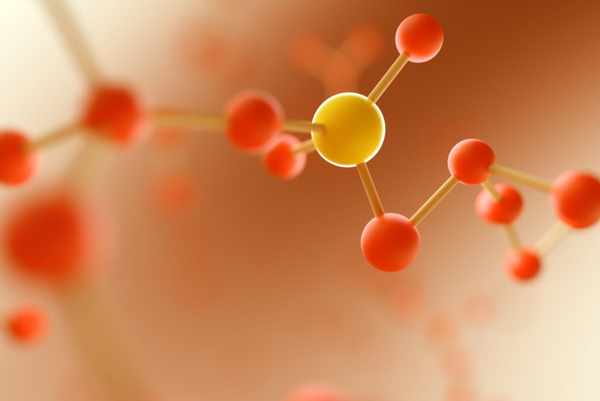

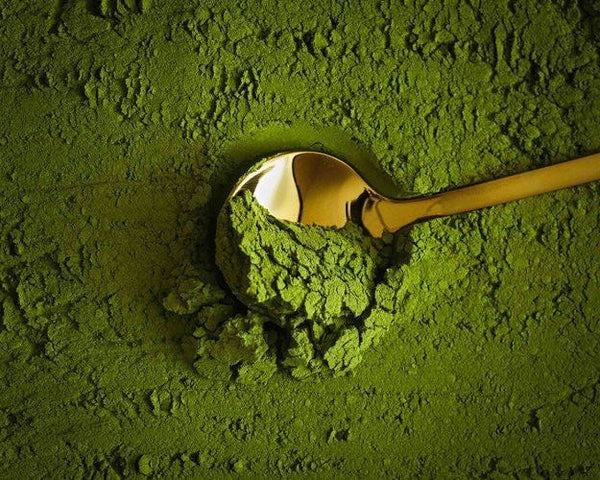
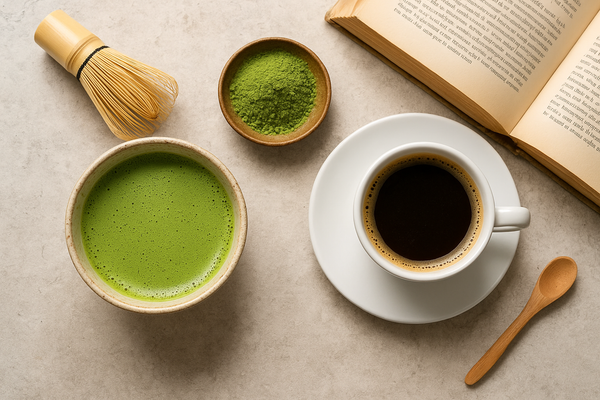
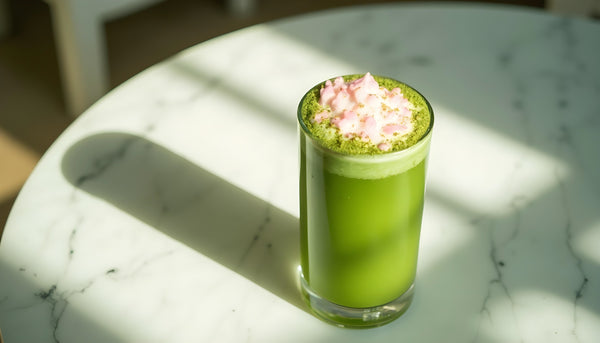
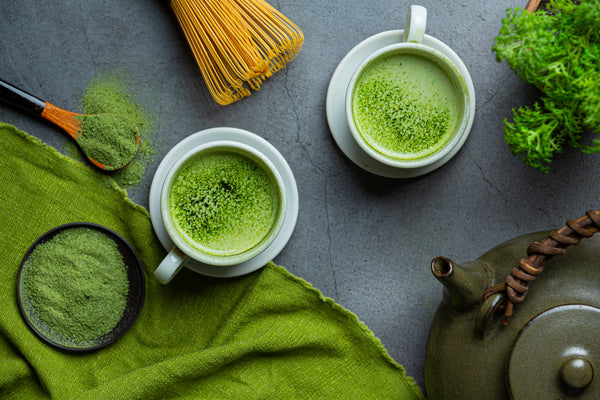

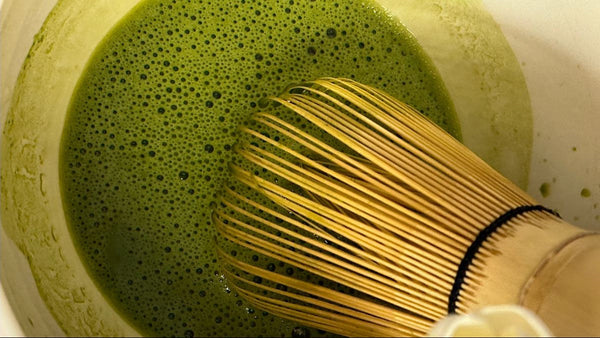
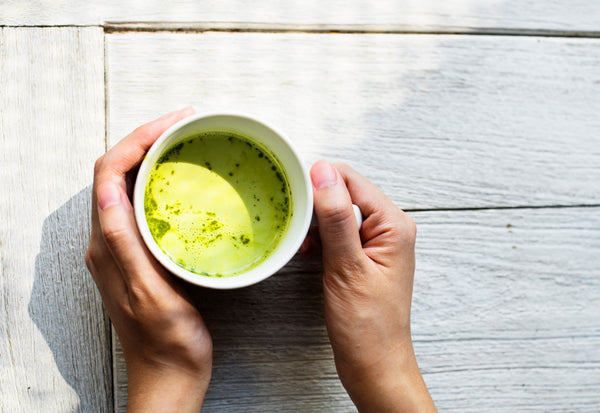






 DOWNLOAD NOW
DOWNLOAD NOW
